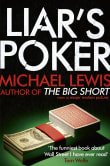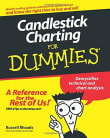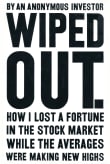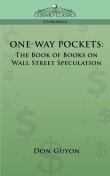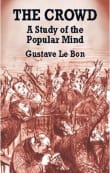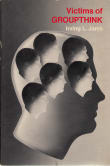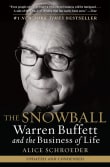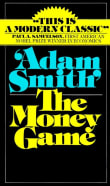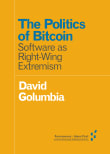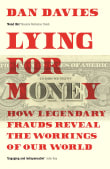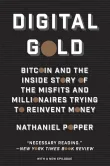Extraordinary Popular Delusions and the Madness of Crowds
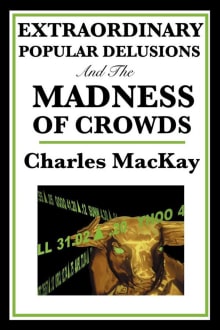
Book description
Extraordinary Popular Delusions and the Madness of Crowds is a history of popular folly by Charles Mackay. The book chronicles its targets in three parts: "National Delusions," "Peculiar Follies," and "Philosophical Delusions." Learn why intelligent people do amazingly stupid things when caught up in speculative edevorse. The subjects of Mackay's…
- Coming soon!
Why read it?
5 authors picked Extraordinary Popular Delusions and the Madness of Crowds as one of their favorite books. Why do they recommend it?

Though not a volume pertaining to “hard science,” Mackay’s book is an early and essential inquiry into “group psychology” long before the phrase was coined. I used this and Kuhn’s books as background when writing World on Fire.
Why do perfectly respectable people act against their own self-interests, often violently, I wondered, when drawn into the seductive folds of a crowd? Mackay wrote his first edition in 1841, just a few decades after the convulsions that swallowed up Priestley and Lavoisier, then updated it in 1852: he chronicled the spreading group madness of such historical phenomena as the South Sea…
From Joe's list on mystery and chaos of scientific inquiry.

Extraordinary Popular Delusions is a catalogue of financial bubbles.
I often say it’s the best book ever written about bitcoin, and it was published in 1841. Extraordinary Popular Delusions is why you’ve heard about the Dutch Tulip-Mania of the seventeenth century. He also goes into John Law’s Mississippi Scheme.
The 1848 edition adds a note on the then-current Railway Mania, every bit as bubbly as crypto or the dot-com era.
From David's list on cryptocurrency and finance crimes.

I got to write a Foreword to this one (albeit not the original 1841 edition), explaining why it has remained continuously in print. Technology races along, but human nature doesn’t change. To get some invaluable perspective on the irrationality of speculative behavior without having to lose a fortune yourself, read the first 100 pages or so.
From Andrew's list on investment books you might want to read.

Many market analysts have extolled this book, and for good reason. It details activities related to the South Sea Bubble, a stock frenzy that captured the imaginations of Britons in 1711-1720, John Law’s demonically clever Mississippi scheme of 1719–1720 in France, and the Dutch tulip mania of the early 1600s. One of Mackay’s observations:
We find that whole communities suddenly fix their minds upon one object and go mad in its pursuit; that millions of people become simultaneously impressed with one delusion, and run after it, till their attention is caught by some new folly more captivating than the first.…
From Robert's list on finance that throws cold water on your face.

Bubbles happen all the time, and this book chronicles a few of the earliest documented bubbles. Human beings are weirdly susceptible to these. Traders like to say that the four most dangerous words in the English language are “This time is different.” History mostly repeats, but every now and again, things really are different. If you can separate the Next Big Thing from the Next Big Bust, you’re golden. Can you do that?
From Ann's list on for beginning traders.
Want books like Extraordinary Popular Delusions and the Madness of Crowds?
Our community of 12,000+ authors has personally recommended 27 books like Extraordinary Popular Delusions and the Madness of Crowds.
Browse books like Extraordinary Popular Delusions and the Madness of Crowds
